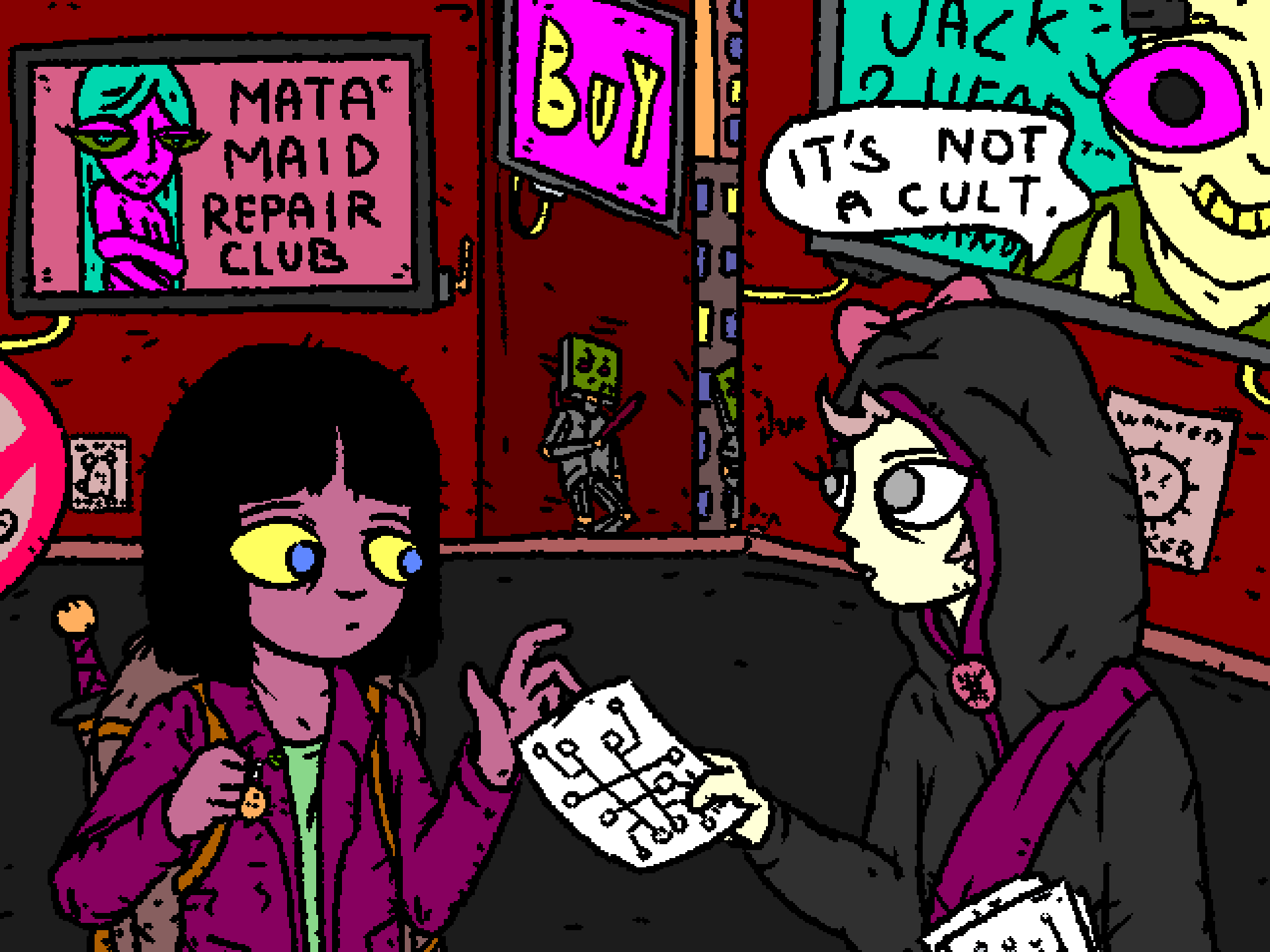

I don’t know for sure, but the Jaws theme is definitely a half-step interval, so the spacing of the keys in the meme is right at least
Random trivia I learned from a music theory YouTuber, the bass line to Rage Against the Machine’s Killing in the Name kind of does the same thing, except instead of going back and forth a single half step it does nine thirteen (aka, an eight note octave plus one note half-step)
e; You’d think I’d remember that there are twelve tones in an octave given the name of that music theory channel










Ah you are totally right and thank you for the correction, I got taught at a young age by a very nice but very overworked public school music teacher that there were just eight notes and not to worry about anything more complicated than that and my brain always really wants to default back to that